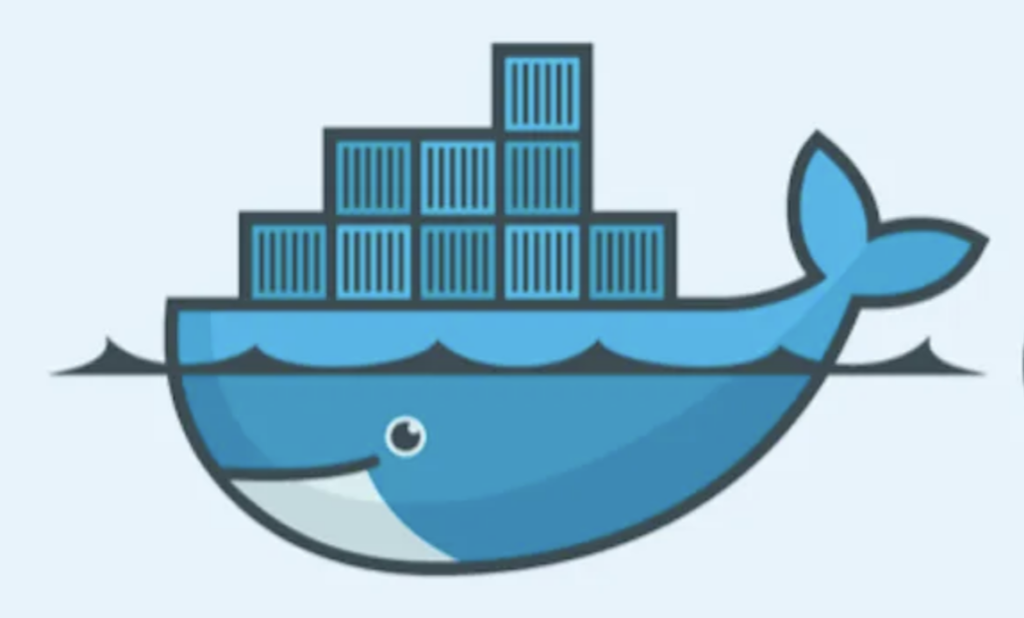
Container orchestration refers to the automated management of containerized applications across clusters of machines. It involves processes like deployment, scaling, load balancing, and networking, ensuring that containers run efficiently in distributed environments. The goal is to abstract away the complexities of handling multiple containers and their interdependencies, enabling seamless deployment and operation at scale.
In cloud environments, container orchestration is crucial because it allows for efficient resource management and ensures high availability and scalability. Cloud infrastructure can dynamically allocate resources based on demand, and orchestration tools help manage the distribution of workloads across servers. This reduces operational overhead, improves uptime, and allows applications to scale in response to changing traffic, making it vital for modern cloud-native applications.
Microservices architectures, which break down applications into smaller, independently deployable services, are a perfect match for containers. Orchestration tools simplify the deployment of these services by automating the coordination of multiple containers running across different nodes. This reduces manual intervention, enhances consistency, and makes it easier to deploy, update, and monitor microservices in a distributed system.
For DevOps teams, container orchestration reduces the complexity of managing containers across various environments. It streamlines the CI/CD pipeline by automating deployment, scaling, and maintenance tasks. Teams can focus on developing and improving services rather than worrying about infrastructure management.
Popular container orchestration tools include Kubernetes, Docker Swarm, and managed services like Amazon EKS, Google Kubernetes Engine (GKE), and Azure Kubernetes Service (AKS), which offer platform-specific solutions as SaaS.

Technologist, Cloud Promoter, Automation and Continuous Optimization Advocate.